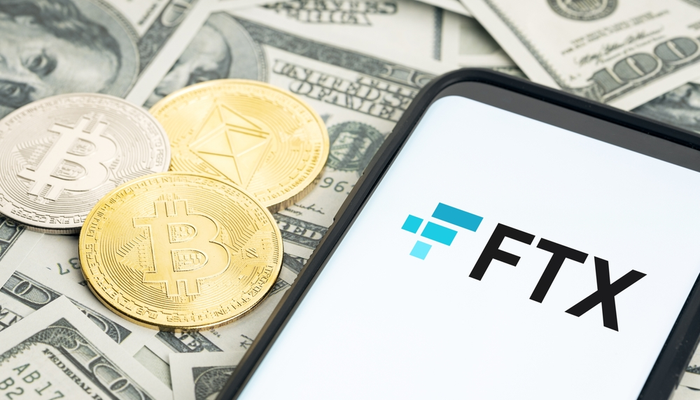Sam Bankman-Fried, the CEO of cryptocurrency exchange FTX, has made a lot of bold comments lately. This is how he compared yield farming en decentralized finance (DeFi) met fraudulent ponziinvestments† He also recently championed the founder of the Terra (LUNA) ecosystem, from which the flipped terraUSD (UST) stablecoin emerged. Now he says that payments with bitcoin (BTC) have no future.
Bitcoin has a high consumption, sdoes not scale well
That writes Financial Times, who spoke to the CEO. Bitcoin can according to the Chief Executive Officer not reform global payments. That’s because it Bitcoin’s energy consumption is too high: “It’s not a payment network and it doesn’t scale well,” he stated.
Because the Bitcoin network runs on a Proof-of-Work (PoW) protocol, the power consumption is relatively high and causes relatively high transaction costs. As more and more users use a network that doesn’t scale strongly, it results in higher costs over time. Currently, the entire Bitcoin network would consume as much as a country like Norway or Argentina, although that depends on how you measure.
Is Proof-of-Stake the solution?
Bankman-Fried thinks so Proof-of-Stake (PoS) is the solution. PoS is more efficient because it staking of tokens used to process transactions. The Ethereum (ETH) community is already working hard to move from PoW to PoS. “We must avoid scaling Bitcoin’s current system so much that we spend 100 times as much on mining,” SBF told the Financial Times.
Several groups believe that Bitcoin should also make such a switch. For example, Ripple and Greenpeace have already proclaimed that the Bitcoin network should switch to Proof-of-Stake. The European Union almost wanted bitcoin-mining fully forbid, which would have presumably led to a reversal for Bitcoin anyway. In the meantime, such a ban has been European Union if Norway in New York swept off the table again.
The FTX CEO emphasizes that he does not think that Bitcoin can go completely in the trash. Bitcoin still has a role as an asset, as a commodity and as a store of value.
–


